The long-anticipated Gladiator 2 ends with a breathtaking blend of raw emotion, epic battles, and a nod to the legacy of Maximus Decimus Meridius.
But what does the ending mean, and how does it echo through eternity? Let’s break it down!
How Does Lucius Embrace His Heritage and Destiny?
The heart of Gladiator 2 lies in Lucius’ transformation. Initially introduced as Hanno, a man hiding from his noble bloodline, Lucius grapples with loss and vengeance after his home is razed by the Roman Army.
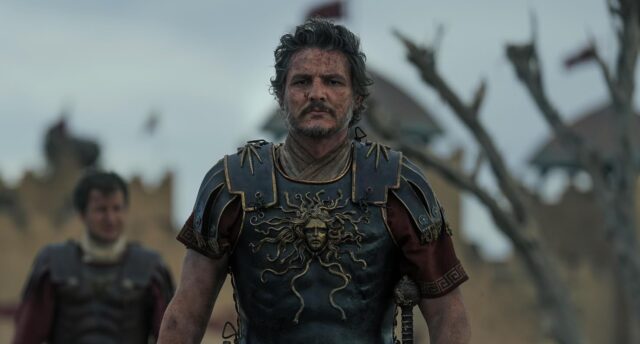
The film echoes the original Gladiator, as Lucius steps into the arena, navigating the brutal world of gladiatorial combat. However, unlike Maximus, who sought justice through personal sacrifice, Lucius embraces his heritage as the grandson of Marcus Aurelius and son of Maximus.
Lucius’ journey crescendos in the Colosseum, where he begins to fight not for revenge but for the dream of Rome. This vision, rooted in his grandfather’s ideals, becomes a beacon of hope.
Through blood-soaked battles and strategic alliances, Lucius transforms from a slave to the true heir of Rome, determined to fulfill Marcus Aurelius’ dream of a republic governed by the people rather than tyrannical emperors.
What Is the Symbolism Behind Lucius’ Final Scene?
In the film’s final moments, Lucius stands alone in the empty Colosseum. As he kneels in the sand, under a twilight-painted sky, he calls out to his father, Maximus, in a poignant plea for guidance.
The scene seamlessly transitions to a memory from Gladiator: Maximus’ hand brushing through golden fields of grain. This imagery is a powerful callback, signaling the enduring legacy of Maximus and the torch Lucius now carries.
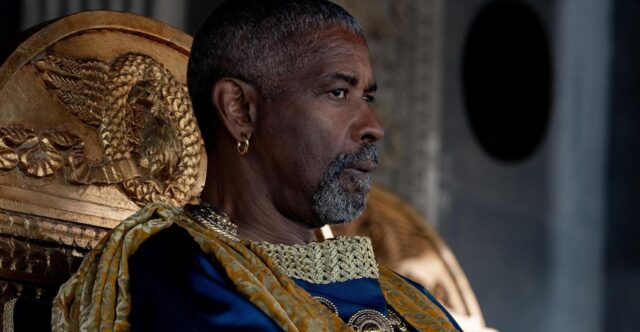
Maximus’ immortal line, “What we do in life echoes in eternity,” serves as the thematic cornerstone of both films. Maximus’ sacrifice led him to Elysium, the Roman afterlife, where he was reunited with his family.
Lucius, inspired by his father’s values, seeks to bring those ideals to life in the mortal realm, pledging to fight for justice and Rome’s betterment.
The hand in the grain fields encapsulates the connection between the past and future, bridging two generations bound by honor.
Who is the True Villain in Gladiator 2?
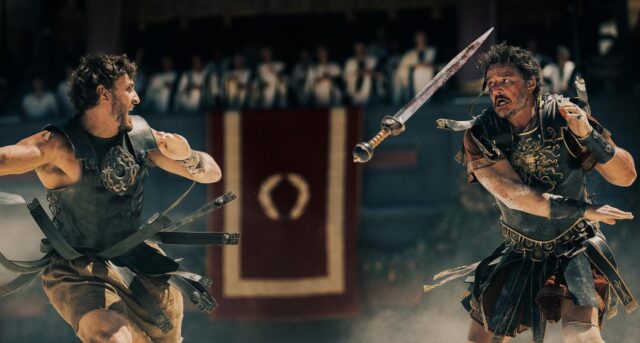
The political undercurrents of Gladiator 2 introduce multiple antagonists, but the film’s climax reveals Macrinus, played by Denzel Washington, as the true architect of Rome’s chaos.
Pitting the Roman legions loyal to Lucius against the Praetorian Guard under his control, Macrinus manipulates events to maintain power, even orchestrating the public execution of Lucilla, Lucius’ mother.
This act shatters the fragile trust in Rome’s ruling emperors, Caracalla and Geta, while galvanizing Lucius to fight for a cause greater than personal revenge.
Lucilla’s death also serves a symbolic purpose. The arrow that killed her mirrors the one that Lucius kept as a grim reminder of his wife’s murder.
How Does the Ending Mean for Marcus Aurelius’ Dream?
Marcus Aurelius envisioned a Rome free of emperors, ruled by the people. While Gladiator 2 doesn’t depict the full fruition of this dream, its ending lays the groundwork for a democratic future.
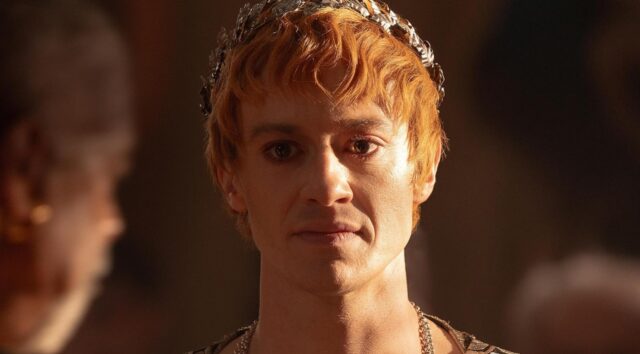
Lucius, empowered by his lineage and the loyalty of the Roman Army, dismantles the oppressive regime of the twin emperors and neutralizes Macrinus’ manipulative grip.
The film’s conclusion isn’t merely about power shifts; it’s about the rebirth of Rome. The dream that began with Marcus Aurelius, fought for by Maximus, and championed by Lucius signals a move toward stability and justice.
Lucius’ ascent is a tribute to those who came before him, embodying the hope for a Rome where the people, not tyranny, hold sway.
What Does Gladiator 2 Say About Legacy?
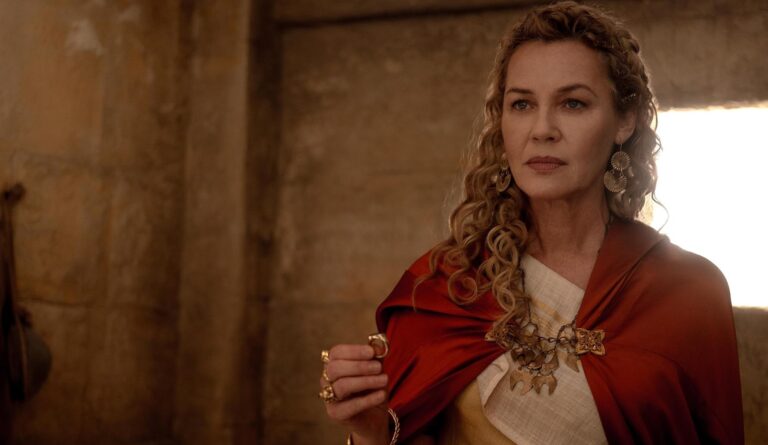
As the screen fades on Lucius kneeling in the Colosseum, the message is clear: the fight for justice never ends. Through his journey, Lucius proves that the echoes of noble deeds truly ripple across time, inspiring new generations to rise for what’s right.
Legacy is the living, breathing, beating heart of Gladiator 2. By revisiting Maximus’ iconic imagery and ideals, the film reminds viewers that heroism is defined by integrity and sacrifice.
Lucius not only preserves his father’s legacy but amplifies it, refusing to let the weight of vengeance consume him. Instead, he channels his strength into building a better Rome, carrying forward the ideals of both Maximus and Marcus Aurelius.
Final Thoughts
Directed by Ridley Scott, this sequel picks up with Paul Mescal’s Lucius Verus, weaving a wonderful story that pays homage to its predecessor while carving out a new destiny for the Roman Empire.
Gladiator 2 delivers a resonant ending that honors the legacy of its predecessor while forging a new path. With Lucius Verus stepping into his rightful role as Rome’s savior, the film leaves us with a powerful reminder: legacies endure when courage and conviction light the way.
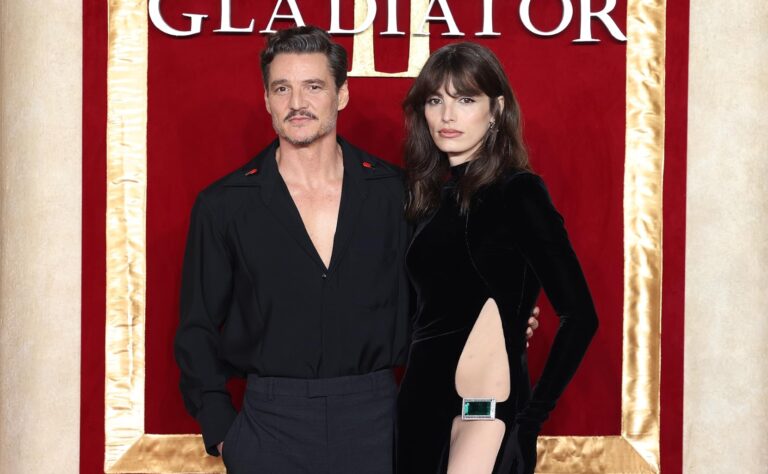
About Gladiator II
Gladiator II is a 2024 epic historical action film directed and produced by Ridley Scott and written by David Scarpa, from a story he wrote with Peter Craig. Serving as a sequel to Gladiator (2000), the film was produced by Scott Free Productions and distributed by Paramount Pictures.
It stars Paul Mescal, Pedro Pascal, Joseph Quinn, Fred Hechinger, Lior Raz, Derek Jacobi, Connie Nielsen, and Denzel Washington.
Plot: Sixteen years after Marcus Aurelius’s death, Rome is ruled by the corrupt twin emperors Geta and Caracalla. Aurelius’s grandson, Lucius Verus Aurelius, lives with his wife Arishat under the alias “Hanno” in Numidia. General Marcus Acacius’s Roman army invade and conquer the city, enslaving Lucius and killing Arishat.
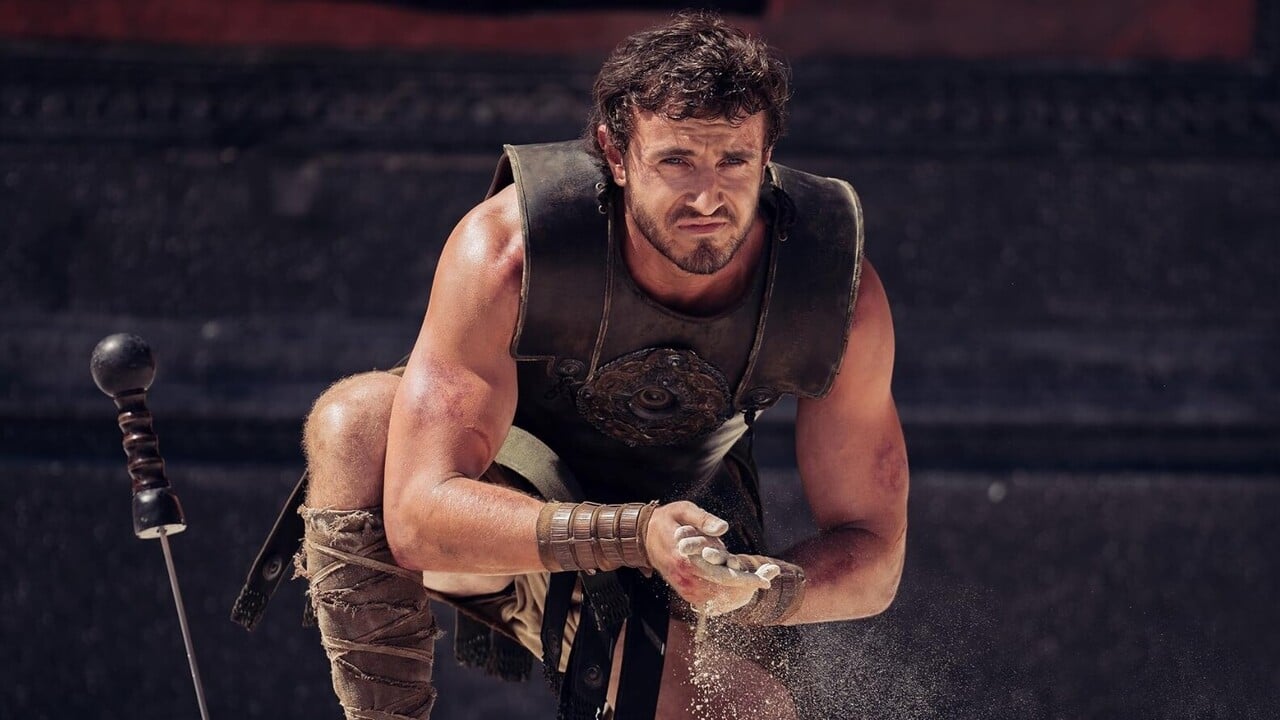
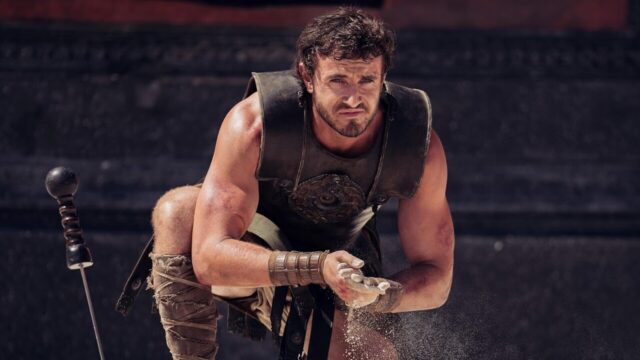
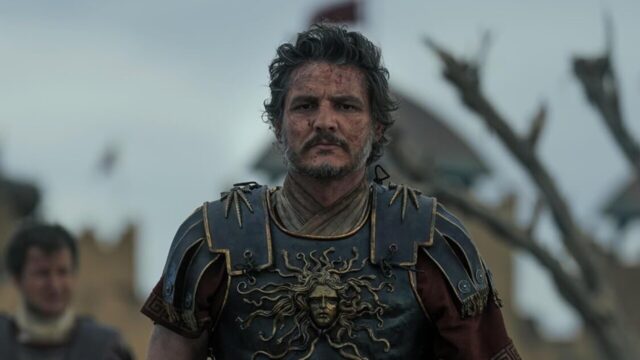
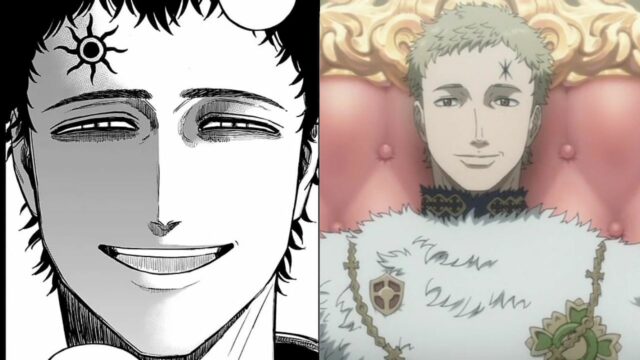




No Comments on Gladiator 2 Ending Explained: A Legacy of Redemption and Revolution